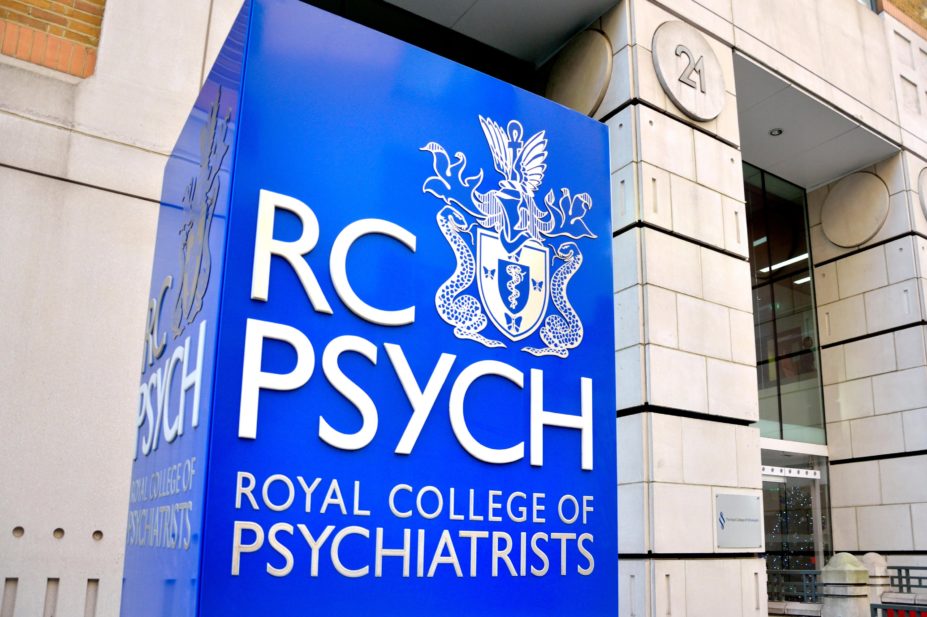
PjrTravel / Alamy Stock Photo
There is a “pressing need” for high quality research into the use of cannabis-based products for medicinal use (CBPMs) for psychiatric disorders, the Royal College of Psychiatrists (RCPsych) has said.
In a position statement published on 19 November 2019, the RCPsych said that many pharmaceutical companies were “not keen” to invest in randomised controlled trials (RCTs). But without evidence from these “gold standard” trials, it argues, prescribing of CBPMs in the UK will remain low.
The College said that observational data on the efficacy of CBPMs could show “significantly higher effectiveness — sometimes by order of magnitude” when compared to data from RCTs, but added that it still believes that RCTs “are necessary and will play an important role in establishing an evidence base”. It added that the government and patient groups could put pressure on pharmaceutical companies to commision this research.
The statement echoes views expressed by Dame Sally Davies, former chief medical officer for England, who told MPs earlier in 2019 that it was “time that the industry started to say what it’s going to do about funding trials to get the [CBMP] licences so patients can have access. This can’t be just left to the public sector”.
Psychosis, social anxiety disorders, post traumatic stress disorder and “achieving abstinence in the use of addictive substances” were examples of conditions for which CBPMs may offer benefit, the RCPsych said, but warned that the current evidence was “sparse and in need of improvement”.
Tetrahydrocannabidol (THC), it said, has propsychotic and anxiogenic properties, and so “it seems highly unlikely that future research will find major psychiatric indications for THC-containing preparations”.
Cannabidiol is “by far the most promising cannabis component” for treatment of psychiatric disorders.
Adrian James, registrar of the RCPsych, said that while there is “a paucity of high quality evidence supporting the use of CBMPs for any medical indication”, evidence supporting their use in psychiatric disorders is “particularly scarce”.
“We welcome evidence of the potential benefits of CBMPs, but caution that most of it comes from small-scale studies and the low rate of use worldwide means that the side effect and risk profile is not adequately evidenced,” he added.
“To correct this, and gather the evidence that patients and clinicians need and deserve, key organisations must act to reduce the barriers that exist to this research.”


